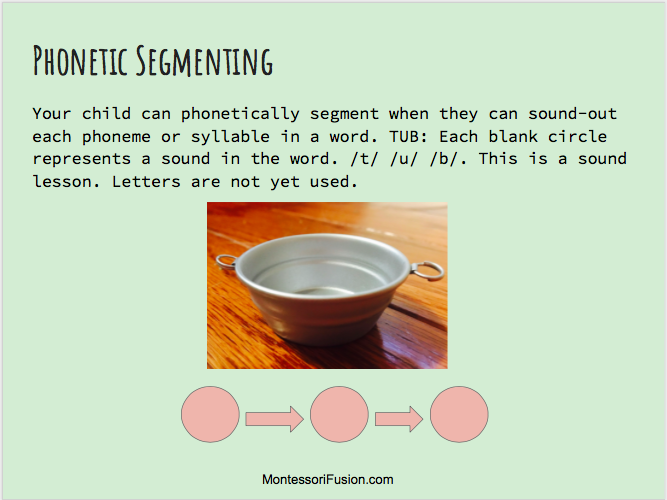Written by Maria Wallace
Are you missing a Crucial Step in teaching your child to Read?
A bad habit that many parents and preschool teachers fall into is teaching by asking questions first rather than presenting information first. Asking a child a question they do not know the answer to sets them up to fail, and yet most of us can't help asking "What sound is this?" or "What does this word start with?". A child who is new to learning something will become fatigued and frustrated faster if the lesson consists of questions first rather than the information being presented to them.
Think about if you were in a big building for the first time and the person giving you a tour asked you if you knew what each room was used for before entering the door. Wouldn't you get pretty irritated saying "I don't know" over and over again, rather than the tour guide telling you "This is the meeting room", etc? We do this to kids all the time! Rather than giving them a piece of information we ask them a question that they may not know the answer to.
In Montessori, we refer to what is called the 3 Period Lesson. It goes like this:
1. This is....
2. Can you show me...?
3. What is this?
The 1st period is telling the child information. The 2nd period is a question but it is looking for recognition without having to recall specific information. A child merely has to point to the answer. The 3rd period is also a question and is now looking for learning confirmation through an answer. This is where most people start but should only be used once a child has graduated from the first two periods. If the child cannot answer the 3rd period question you drop back to the 2nd period, and if they can't answer the 2nd period you drop back to the 1st.
A child may be in the 1st period for quite awhile. That is okay. Don't rush them. Keep reinforcing the information. Look for situations where you may be setting your child up with questions they are not ready to answer.
A big area for this kind of mistake is when you are reading a book to your child or they are practicing a phonetic reader. Rather than enjoying a story they are being hassled with "What is the beginning sound....?" or "What is that letter?". If your child seems confused or frustrated STOP asking questions. Or if they are struggling to sound-out words take a break from the phonetic readers for a few weeks and work on pre-reading skills instead.
Reading a book is not a time for practicing pre-reading skills. It is sure fire way to make them hate reading. Pre-reading skills need to be worked on individually outside of the reading process. A struggling or confused child needs concrete information so that they feel confident in what they know. Once they feel more confident they will move forward much faster and much happier.



